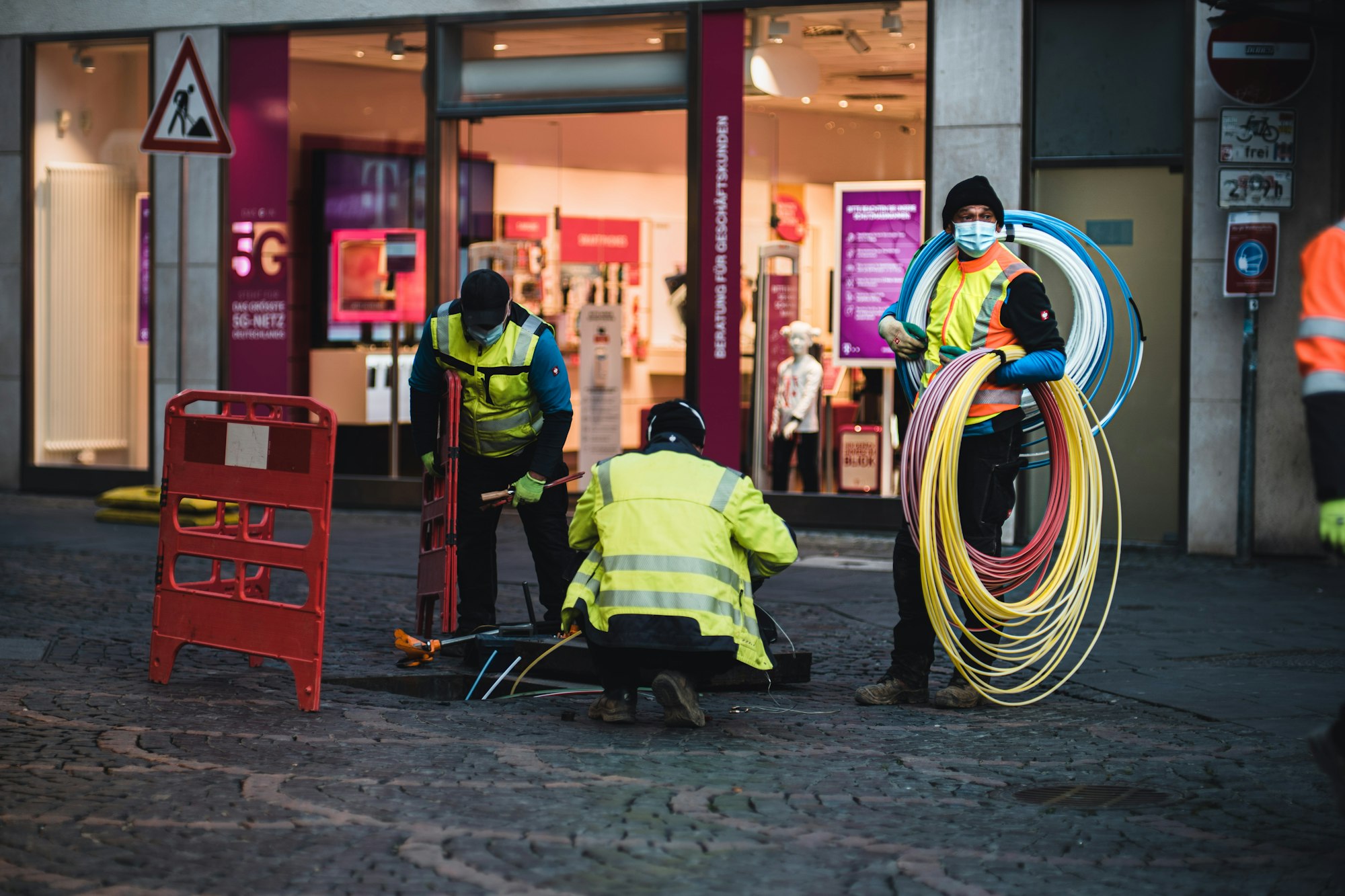China plans to develop a $500M subsea cable network to rival US-backed initiative
Chinese state-owned telecom companies are reportedly planning to develop a subsea fibre-optic internet cable network worth $500 million to connect Asia, the Middle East, and Europe. According to Reuters, sources close to the deal revealed that the project aims to rival a similar US-backed initiative. The move signifies an intensifying

Chinese state-owned telecom companies are reportedly planning to develop a subsea fibre-optic internet cable network worth $500 million to connect Asia, the Middle East, and Europe.
According to Reuters, sources close to the deal revealed that the project aims to rival a similar US-backed initiative. The move signifies an intensifying tech war between Beijing and Washington, which risks destabilizing the global internet.
China's three leading carriers, China Mobile, China Telecom, and China Unicom, are mapping out the world's most advanced and far-reaching subsea cable network, connecting Hong Kong to China's island province of Hainan, before snaking its way to Singapore, Pakistan, Saudi Arabia, Egypt, and France.
The China-led project is intended to rival another cable, SeaMeWe-6, currently under construction by US firm SubCom LLC.
The consortium for the SeaMeWe-6 cable, which had initially included China Mobile, China Telecom, China Unicom, and other carriers from several nations, initially picked HMN Tech to build that cable, but US government pressure flipped the contract to SubCom last year.
The proposed network would be laid and manufactured by Chinese cable firm, HMN Technologies Co Ltd, which will receive subsidies from the Chinese government.
Undersea cables carry over 95% of all international internet traffic and have been owned by telecom and tech companies that pool their resources to build vast networks that enable data to move seamlessly around the world.
However, these cables are susceptible to spying and sabotage and have become weapons of influence in an escalating competition between the US and China.





